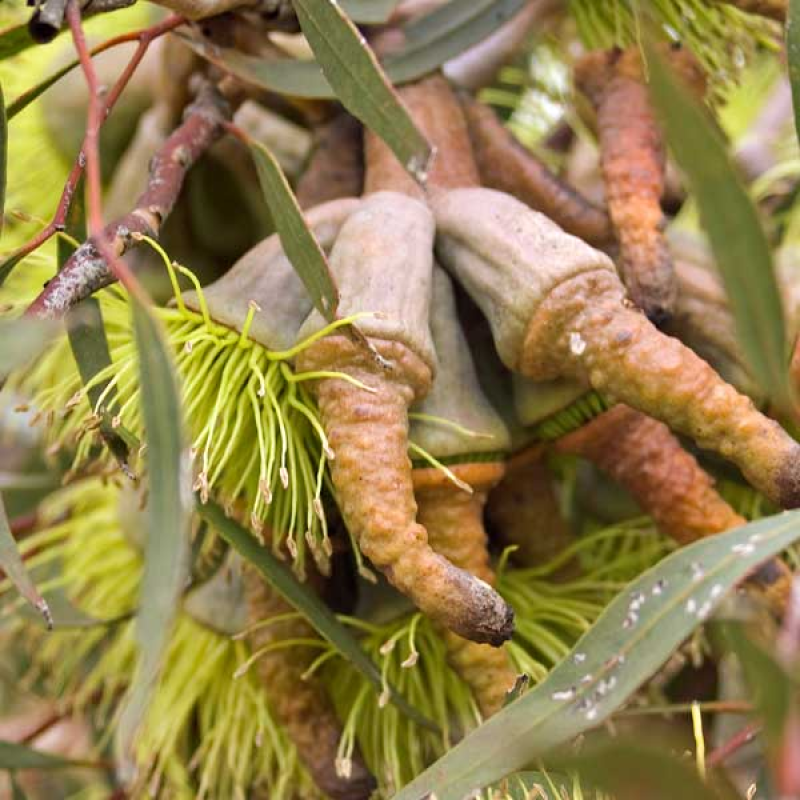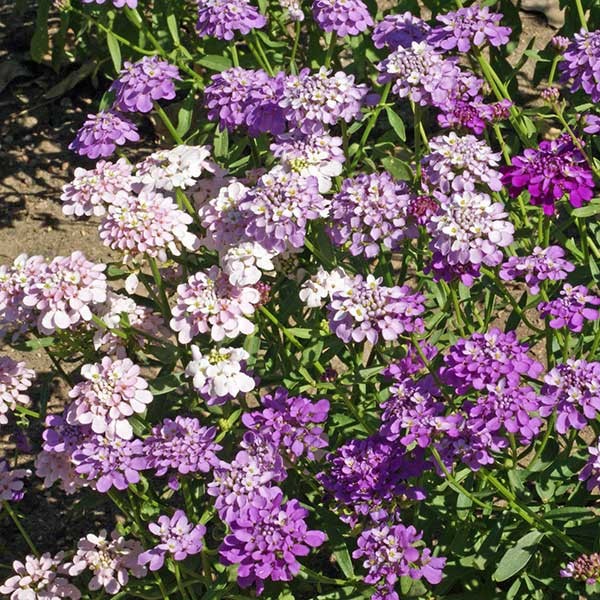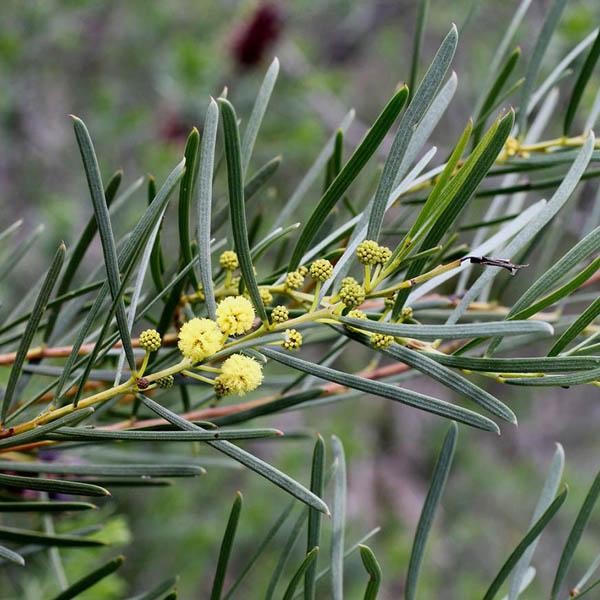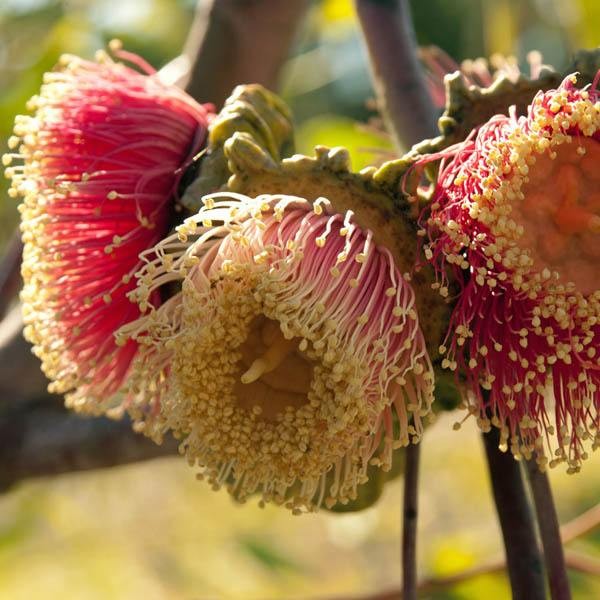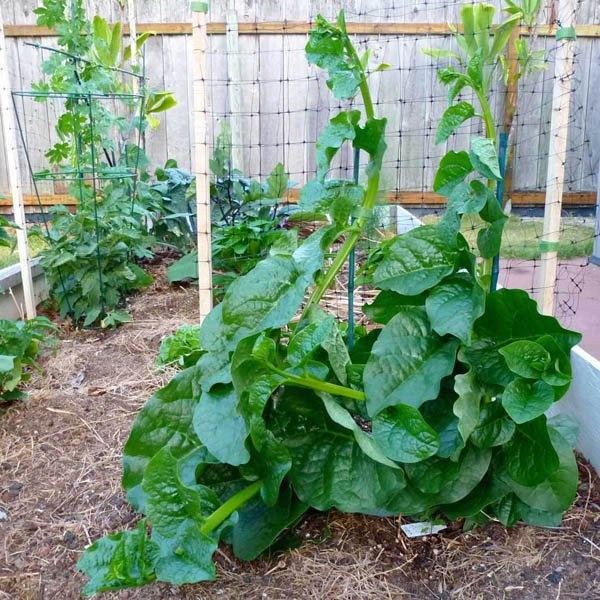We ship Internationally and Australia-wide | Phytosanitary Certificates are available for international orders.
Due to high order volumes, our handling time has been extended to 5-7 business days. We apologise for any inconvenience and appreciate your patience.
EUCALYPTUS megacornuta 25g
Warted Yate
Listed as Endangered - Environment Protection and Biodiversity Conservation Act 1999
Family: Myrtaceae
Sub-family: Myrtoideae
Characteristics: Tree to 15 m spread 5 m
Seed per packet: Approx. 30
Seed per gram: Approx. 160
An erect small tree with smooth brown to grey-red and green trunk with a spreading crown that produces attractive large Yellow-green flowers in clusters of 3 to 7 from July to December that is followed by usual warty seed pods.
Flowers and pods make an interesting addition to floral arrangements.
Conservation status
Eucalyptus megacornuta is listed as "endangered" under the Australian Government Environment Protection and Biodiversity Conservation Act 1999 but as "not threatened" by the Western Australian Government Department of Parks and Wildlife.
Occurs naturally in the regions of the Esperance Plains, Mallee, and Swan Coastal Plain in the southwest of Western Australia.
Prefers light to medium well-drained soil in an open sunny position, drought resistant but first tender.
Grow notes:
Eucalypts germinate readily from seed and are generally considered one of the easiest natives to grow from seed.
Depending on the species Eucalyptus seed comes in various sizes from very fine to several millimetres long. As a rule of thumb seed that is fine should be sown on the surface of a porous mix and not buried. Seeds 1 to 2 mm in diameter can be covered very lightly and seeds from 2 mm up can be sown to a depth of the seed width.
Although seed can be sown most of the year in many parts of Australia seed is generally best sown in spring or autumn in temperate climates, avoid the coldest and hottest months of the year. The optimum germination temperature for germination is around 18-22°C
- Sow seed on the surface of a porous seed-raising mix.
- Sprinkle a very light covering of the seed-raising mix over the seed if required to hold the seed in place. Do not bury the seed deeply.
- Water with a fine mist spray to avoid disturbance of the seed.
- Place in a warm shaded or semi-shaded position to avoid dying out.
- Keep warm & moist, and avoid drying out or waterlogging the growing mix.
- Germination generally occurs in around 10-28 days in the right condition.
General note: Seeds of many natives are dormant and require specific conditions or pre-treatment for germination.
Do not be too hasty to discard seed that does not germinate, seeds will often lay dormant until the conditions are similar to their natural requirements for germination to occur. Containers put to one side will often surprise long after they were discarded.
Image by Bidgee CC BY-SA 3.0 Cropped and resized
Best sown in spring or autumn in temperate climates, avoid the coldest and hottest months of the year. The optimum temperature for germination is around 18-22°C
Sow seed in a seed-raising mix just below the surface.
Water with a fine mist spray to avoid disturbance of the seed.
Germination generally occurs in around 10-28 days.
Please note:
These growth notes are provided as guidance only and do not guarantee successful germination.
If you are uncertain about the requirements for importing seeds into your country, do not hesitate to contact our Export Manager at Australian Seed.
Being a registered Export Establishment, we have an officer who can help you obtain Phytosanitary certificates if needed.
It is important to note that the buyer is responsible for clearing the goods through customs and paying all associated charges, including import fees and taxes. Please note that we cannot accept returns due to Australian quarantine restrictions.
You can find the complete International terms and conditions by clicking on this link
At Australian Seed, we take pride in our extensive network of trusted suppliers and collectors who work with us to provide you with an unmatched selection of top-quality products.
Whether you are searching for a specific item or need to make a bulk purchase, our team is here to help. Our dedicated customer service representatives can guide you through our vast inventory and assist you in finding exactly what you need.
We are committed to providing our customers with the highest level of service and support.
Please don't hesitate to contact us If you require any assistance. Please don't hesitate to contact us at Australian Seed

